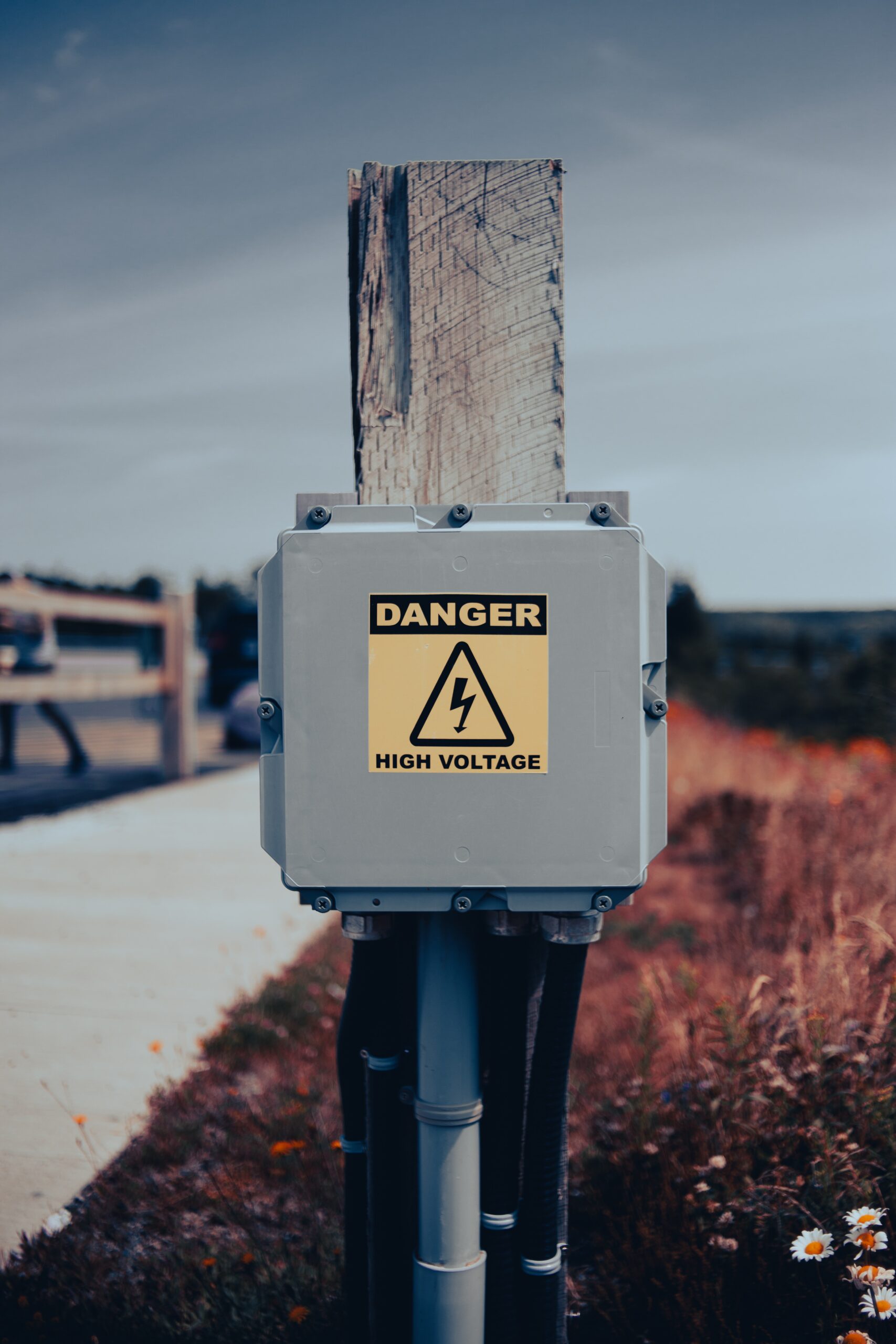Stay Safe Around Electricity
MidSouth Electric Co-op is committed to the safety of its employees and members. In the office and field, we believe safety is a priority.
As energy consumers, your co-op wants to encourage you to consider safe electrical practices throughout your day.
Each section below is filled with helpful tips to keep you and your loved ones safe.
If you have any questions, please call our Member Services team at 936-825-5100.
Electrical Safety at Home
Many in-home electrocution incidents are related to damaged or misused outlets, power cords and extension cords. MidSouth recommends doing a self-evaluation of such items or having a licensed electrician inspect your outlets and general use habits to prevent harm.
- Make sure all plugs fit fully and securely into outlets
- Cover any unused outlets with safety covers to protect children
- Install additional outlets where needed instead of relying on extension cords and power strips
- Do not place power cords under carpet, rugs or furniture
- Never staple or nail electrical cords to the wall or baseboard
- Use extension cords properly rated for intended use
- Replace outdated outlets with GFCI outlets to help prevent electrocution
- Discard any damaged electrical items or extension cords
Electrical Safety and Water
Water and electricity are a dangerous combination. Electrical safety is especially important around bodies of water including but not limited to bathtubs, pools and lakes.
- If an electrically powered item falls into water, do not reach into the water until it is unplugged from the energy source
- Never string lights above or around a pool or other body of water
- When cleaning a pool and using a long-handled tool, be mindful of your proximity to overhead power lines
- Use battery-operated electronics when possible
- Before boating, check to make sure all required safety items are on board
- Know the height of your boat and stay away from power lines strung above the water
- Inspect docks to ensure all electric connections are properly installed and maintained
- Avoid swimming near docks with equipment or boats plugged into electricity
- If you are in the water and feel electric current, let others know about the problem and swim away from anything that may be electrically energized. Do not swim toward boat or dock ladders to get out of the water
- If you are on the dock and someone in the water feels electric current, do not jump in to save them. Turn power off at the meter as quickly as possible, call for help and throw the individual a life ring
- Regularly have all dock and boat equipment inspected to ensure safety while on the water
Outdoor Electrical Safety
- Only use electric extension cords rated for outdoor use
- Make sure all outdoor outlets are GFCI protected
- Keep areas around electric meters and transformers clear
- When planting trees and shrubs choose varieties whose growth will not interfere with power lines or other equipment
- Maintain electric right-of-way and avoid planting in the space around transformers
- Store electric devices and tools inside and away from water and excessive heat
- Never leave electric devices unattended outdoors
- Be sure to always keep a safe distance of 10 feet from electrical equipment. Use fiberglass or wooden ladders to prevent electric conduction
Safe Generator Use
Generators are a handy tool, especially during power outages. However, these fuel-powered machines can become dangerous with improper use. If you choose to use a generator, learn how to use it safely.
- Never backfeed your portable generator into your home- Backfeeding occurs when you connect a generator directly to your home. Such a connection feeds electricity to the electric grid, which could be harmful or deadly to the linemen working on power lines. When using a generator, plug appliances/devices into generator outlets as instructed by the manufacturer
- Install a transfer switch- Safe whole-home generator use, during or after a storm, requires installation of a transfer switch to protect utility workers and your appliances. Both automatic and manual transfer switches change electric flow into your home from the power grid to the generator, while preventing backflow from the generator to the grid
- Keep your generator in a well-ventilated, covered space outdoors- When determining the best placement for your generator while in use, always choose a covered area at least 20 feet away from your home. Never run a generator inside your home or garage to avoid carbon monoxide poisoning. Carbon monoxide is an odorless gas that can quickly cause death if it builds up. If you feel sick, dizzy or weak while operating a generator, seek fresh air immediately and seek medical assistance
Call Before You Dig
Whether you’re DIYing an outdoor project or hiring someone to do it for you, always call 811 before digging begins.
- Homeowners should call 811 before starting a project that involves digging to avoid hitting underground electrical wiring or other utilities
- Once you call 811, a professional will visit your property and mark utilities with flags or spray paint
- It may take a few business days for someone to mark your utilities. Make sure to call in advance
- For more information about 811, visit call811.com

